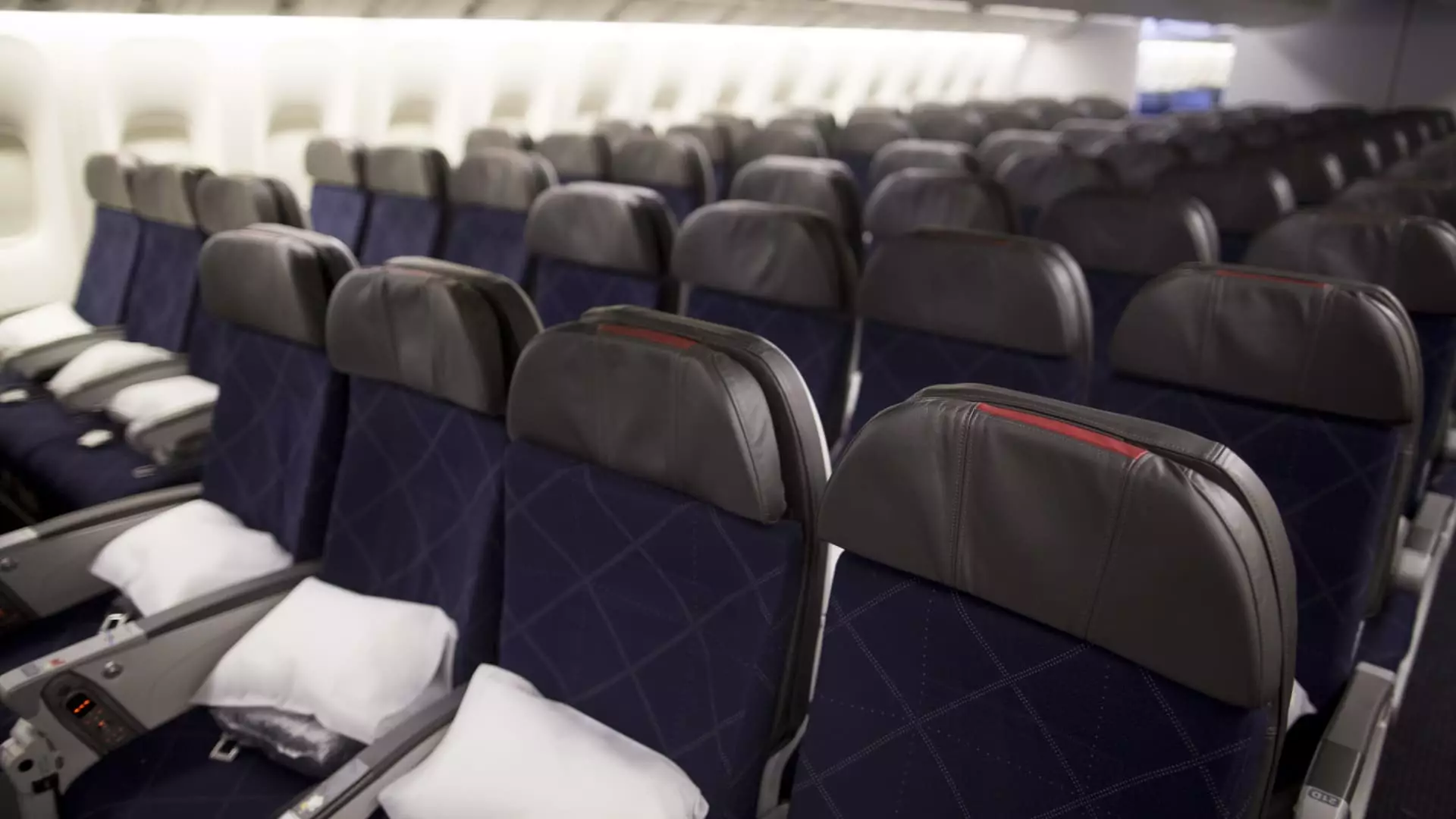In a landscape where flying has become a commodity, the way U.S. airlines structure their pricing, particularly regarding seating fees, has come under intense scrutiny. Executives from major airlines, including American, Delta, United, Spirit, and Frontier, are expected to appear before a Senate panel to defend these additional charges. Data revealed by the Senate Permanent Subcommittee on Investigations highlights that between 2018 and 2023, these airlines amassed an astounding $12.4 billion through seating fees alone. This eye-watering figure has led some lawmakers to label these charges as “junk fees,” which raises significant questions about fairness and transparency in air travel.
Airline executives assert that fees for preferred seating and extra legroom are entirely optional, suggesting that consumers choose to incur these charges willingly. American Airlines’ chief strategy officer, Stephen Johnson, emphasizes that “our seat selection products are all voluntary.” This argument presents a notion of consumer agency—even if, to some extent, it seems to neglect the pressure passengers face in a system where comfort can often come at a cost. The distinction between what constitutes a necessity versus an optional luxury in air travel has become increasingly blurred, prompting consumers to ask whether these fees should be standardized or simply included in ticket prices.
The Legislative Response
The Biden administration, alongside various lawmakers, has expressed a commitment to curtailing the proliferation of “junk” fees across industries, with airlines being a focal point. The sentiment underscores a growing frustration among the public regarding unclear pricing structures that often leave travelers feeling deceived. As airline practices evolve toward unbundling services that once came with the ticket purchase, transparent communication of these changes has become crucial. Executives argue that they clearly inform customers about potential fees, yet many travelers still report confusion, suggesting that more rigorous regulations may be necessary to ensure consumer protection.
Budget airlines like Spirit and Frontier have been trendsetters in the adoption of fee-based models. While sparking innovation and competition within the industry, they also raised expectations among consumers regarding “bare-bones” travel experiences. However, Spirit’s recent bankruptcy filing paints a different narrative—one of challenges faced when a business model relies heavily on fees amid fierce competition and shifting consumer demands. The industry seems to be at a critical juncture, where executives must reassess pricing strategies and the long-term sustainability of these add-on fees.
As the Senate hearing unfolds, it will serve as a crucial test of the airline industry’s pricing methodologies. The discussions are not merely about fees; they reflect broader notions of fairness, choice, and the evolving expectations of modern consumers. Will there be a shift toward more inclusive pricing models where all services are accounted for in ticket prices, or will the fee-based system persist? The answers may very well shape the future landscape of air travel, setting a precedent on how transparency and consumer preference are balanced in the aviation sector. Ultimately, the results of this high-profile hearing could influence not only the airlines’ bottom lines but also the experience of millions of passengers nationwide.

